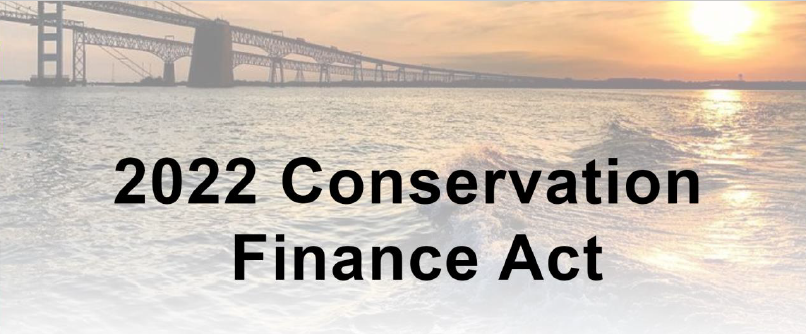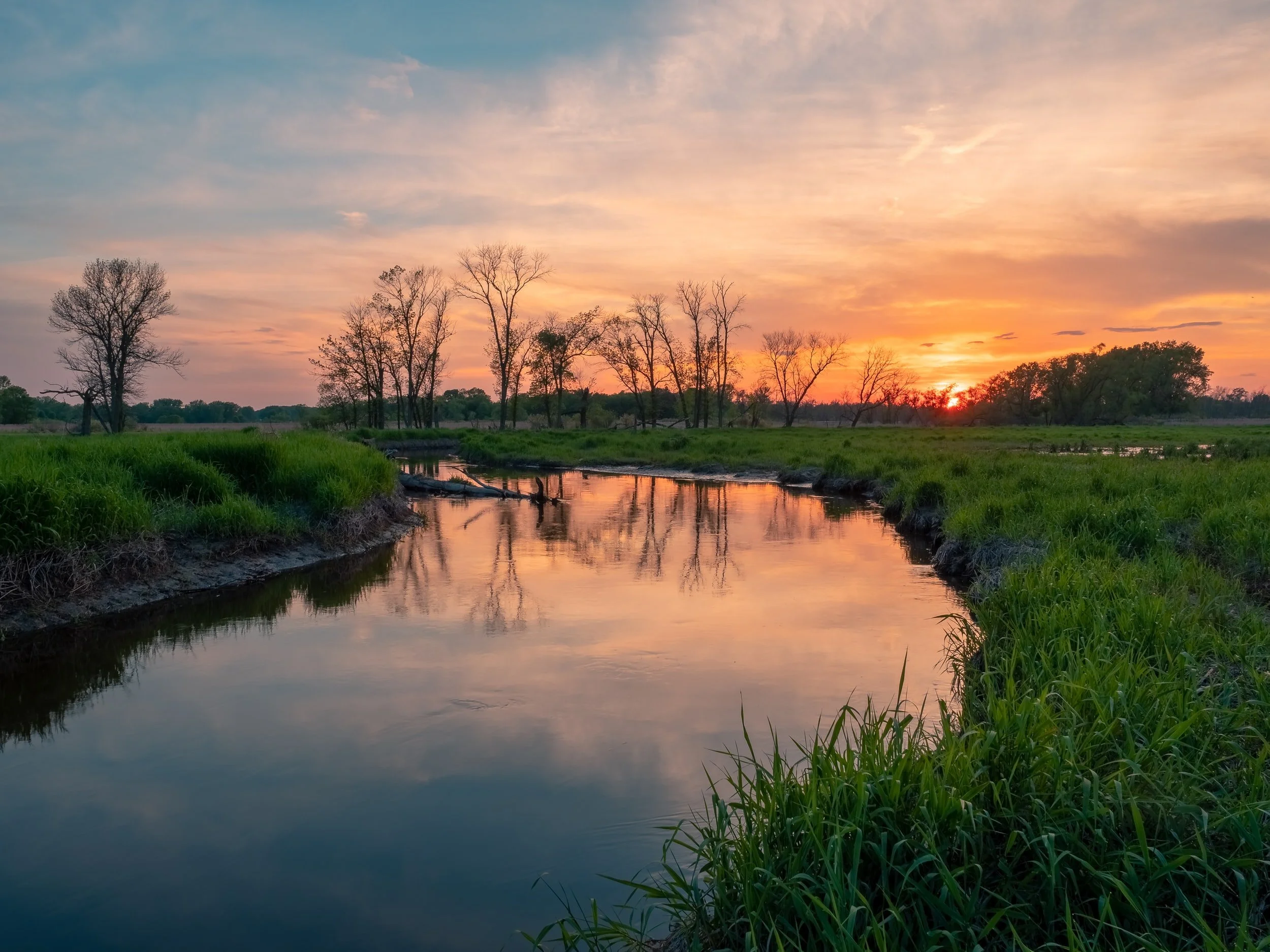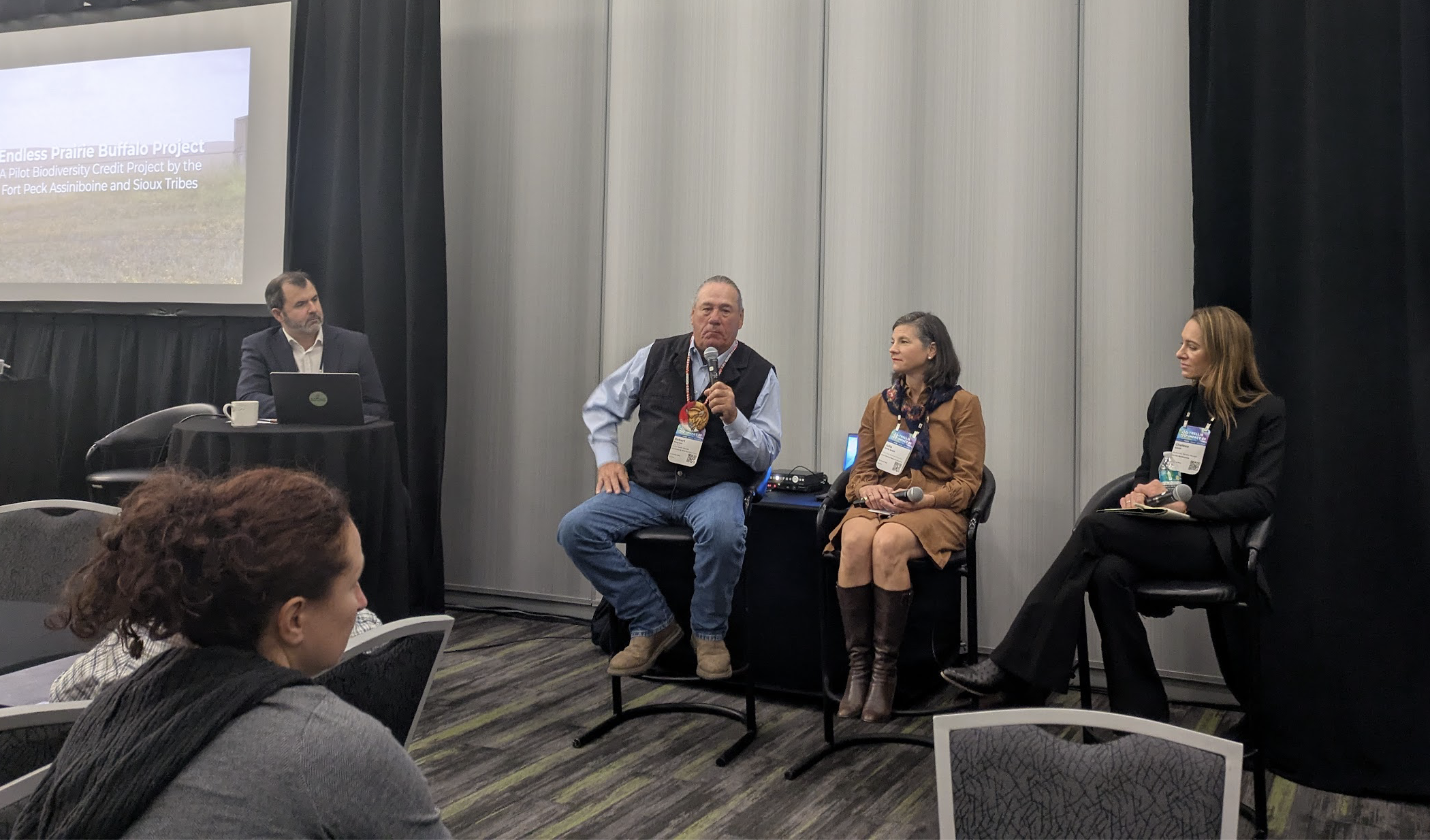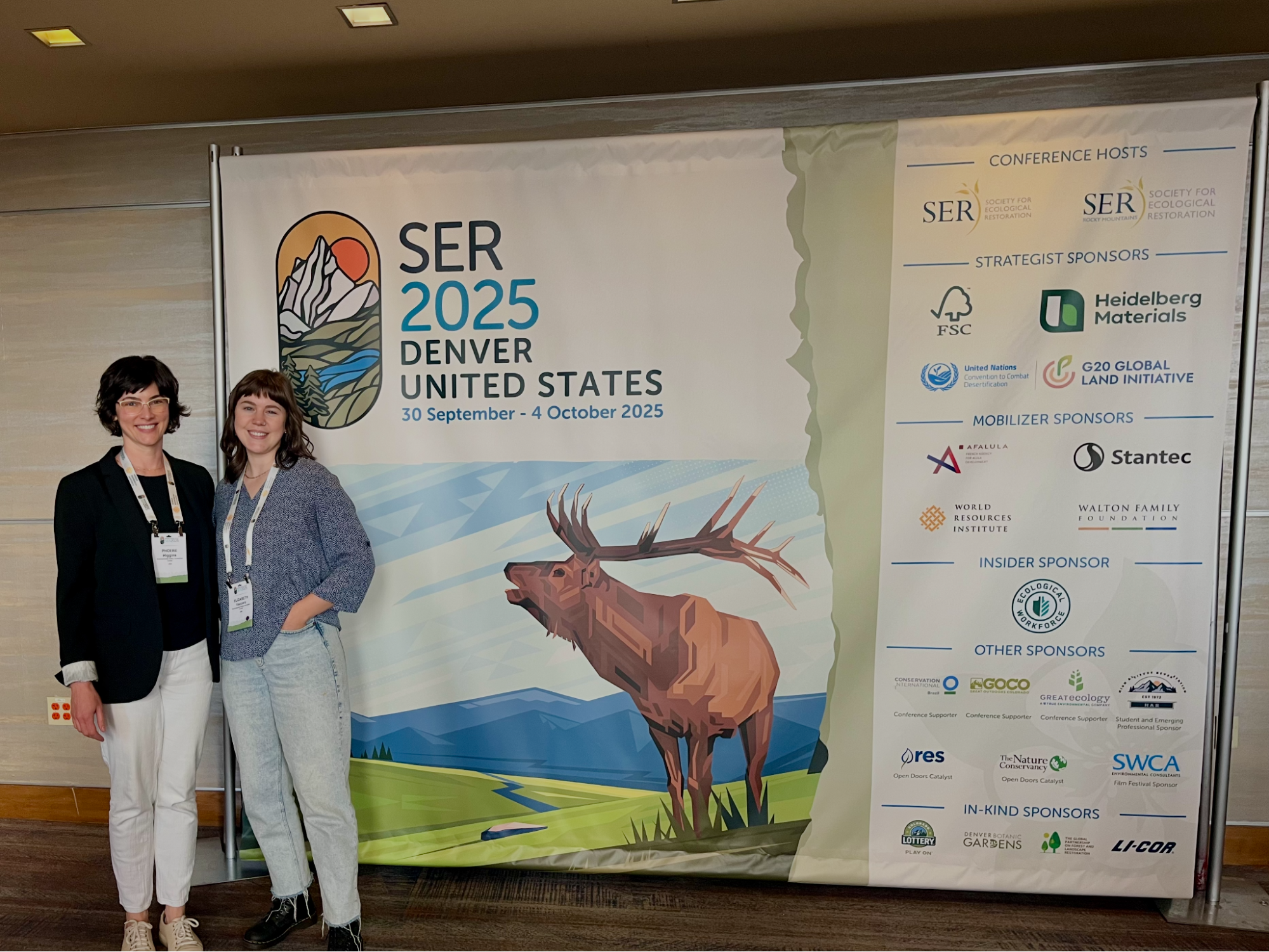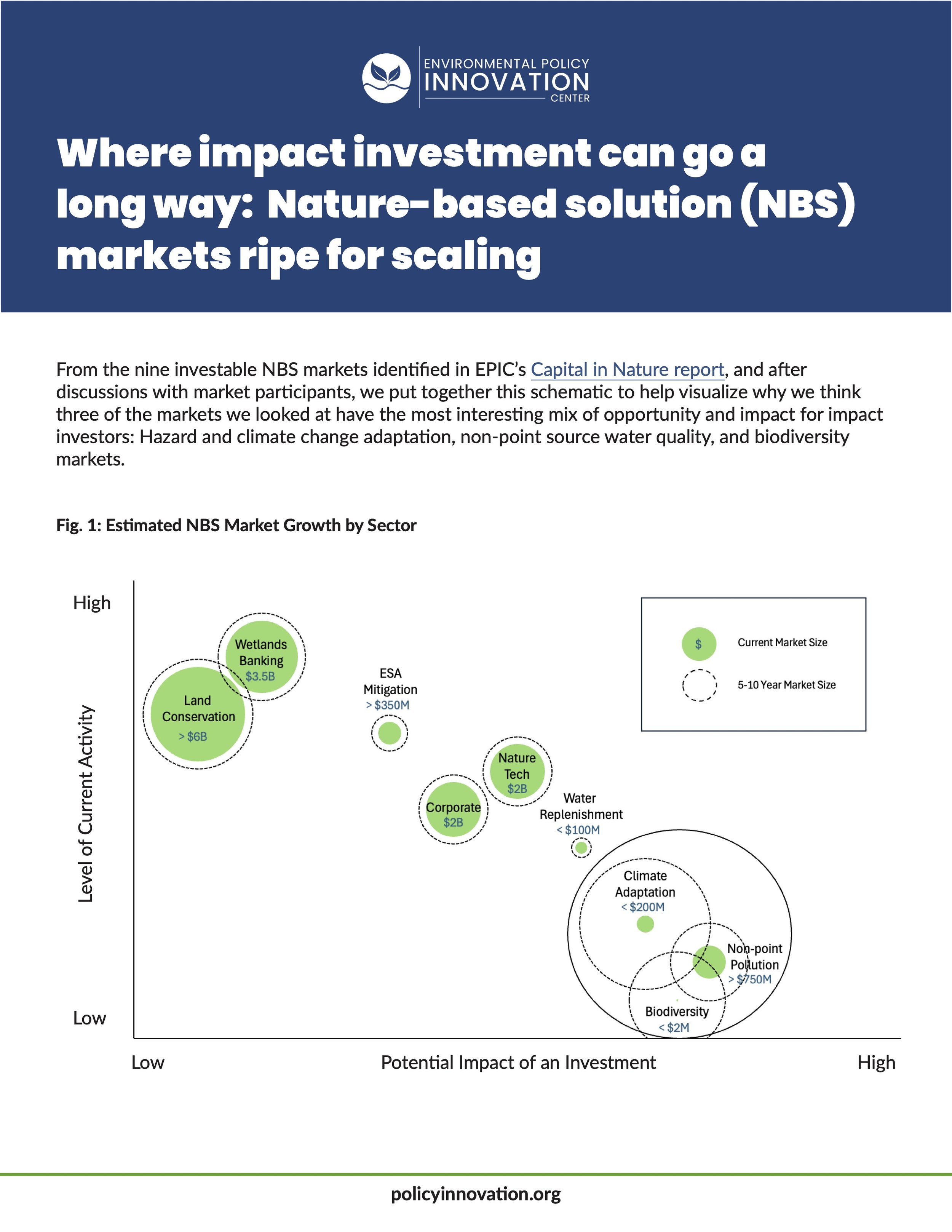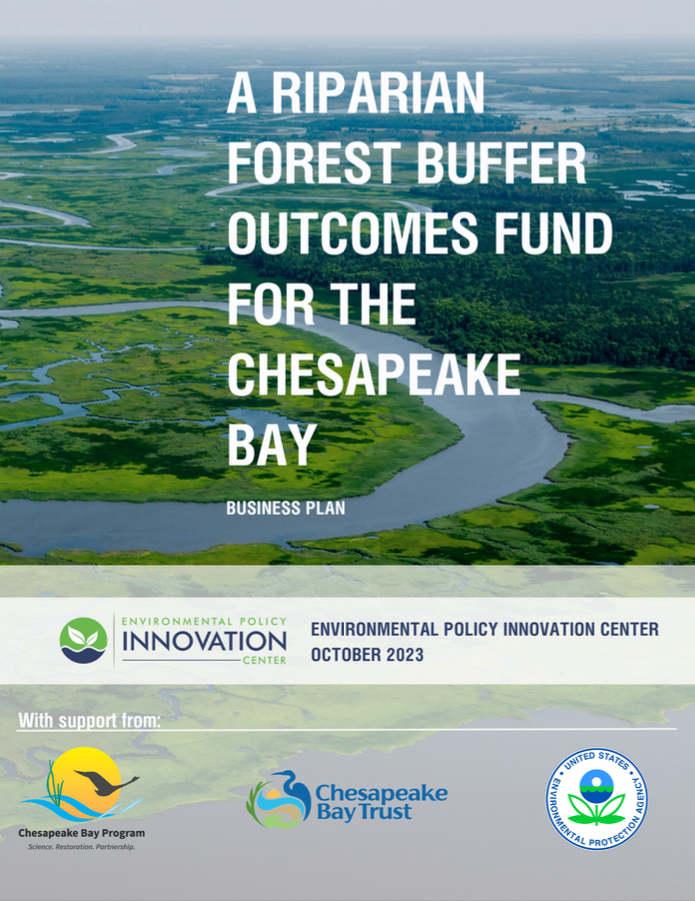State Conservation Finance
The Opportunity: Private Investment
Conservation finance is an innovative approach that prioritizes efficient outcomes by taking advantage of financial tools to rapidly accelerate the pace of environmental improvements and generate return for investors. Globally, profit-seeking investment in environmental conservation is expected to grow to more than $200 billion per year in the coming years. Tapping into private investment is an enormous opportunity to close the gap between public funding and levels of environmental protection and restoration required to avert the currently looming, catastrophic loss of biodiversity. Taking advantage of the opportunity requires governments to think outside the box and tweak areas of law like procurement codes and fund requirements.
Maryland: Leading the Way
The Chesapeake Bay watershed faces vast environmental threats. The combination of dense population corridors and large swaths of intensive agricultural production within the natural confines of the largest land area to water body ratio in the world has produced challenges to forest preservation, stream quality, and more. Luckily, these states are also taking innovative approaches to address the challenge, especially the state most connected to the Bay: Maryland.
Read About Some of the Innovative Solutions EPIC Has Supported
-
EPIC has long been an advocate for innovative conservation finance solutions. After copious amount of research, including interviews with stakeholders and experts, we worked with partners to develop a suite of tweaks to state procurement code, contracting authorities, and environmental funds that created enabling conditions to unleash the transformative power of conservation finance. This historic legislation will help achieve Maryland’s Chesapeake Bay, forest conservation, climate, and environmental justice goals without increasing the state budget.
Examples of provisions in the CFA include:Permitting green and blue infrastructure to be financed the same ways as gray infrastructure
Allowing the state to more simply purchase environmental outcomes, only paying when projects successfully deliver desired outcomes
Creating the first climate-inclusive definition of green infrastructure in state law, and the first-ever definition of blue infrastructure in any law
Creating a commission to look at ways to make permitting easier for ecological restoration and climate resilience projects
Prioritizing environmental justice outcomes in a number of state-funded programs for the first time
After development, EPIC shepherded the Conservation Finance Act to eventual passage through two sessions of the Maryland General Assembly. We testified before House and Senate committees, gathered letters of support, and created an easy-to-read section-by-section explainer.
-
In 2021, House Bill 94, introduced by Delegate Dana Stein, was passed to expand the uses for the Maryland Water Quality Revolving Loan Fund. Thanks to this legislation, Maryland can use its loan fund for any purpose authorized under federal law, including to guarantee long-term Pay for Success contracts and other innovative financing methods by public, private, or nonprofit entities.




